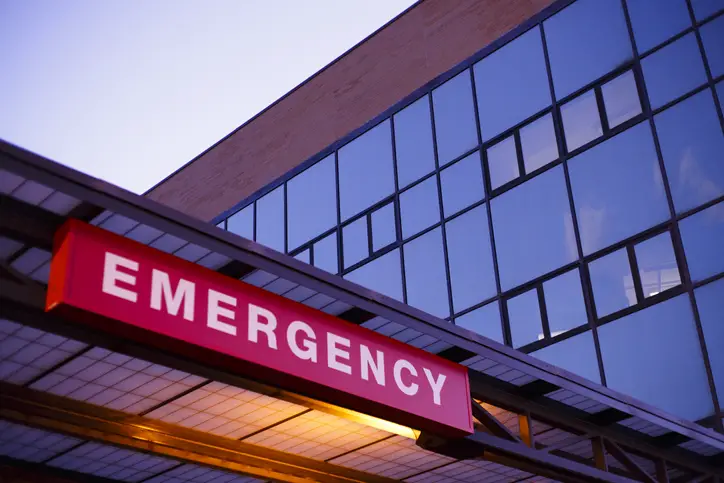In the era of COVID-19, the hospital must be a place of mystery to those on the outside. I imagine some think it’s bustling with activity, with caregivers scurrying around at a frenetic pace. Of course, we’ve seen video on the news from hard-hit New York City or Lombardy, Italy, when they were at their initial peak of the COVID-19 epidemic. But the reality is that, in most hospitals around the country, it is actually somewhat calmer than usual.
This calm makes sense given the mandate for social distancing, working from home, and canceling nonessential activities. What doesn’t make sense is this: in the emergency departments where I work, daily patient visits have significantly decreased. These days, we are now treating about half the number of patients that we usually do. Although we are busy with COVID-19 patients, the absence of patients with the typical reasons for emergency department (ED) visits, like chest pain, abdominal pain, and headache are way down. This has left us scratching our heads, thinking “where are they?”
People report avoiding emergency departments over fear of COVID-19
A recent article in the Journal of the American College of Cardiology describes a nearly 40% reduction in use of cardiac catheterization labs to treat acute severe heart attacks, which is shocking. This phenomenon occurred in Italy as well, where admissions for heart attacks decreased markedly. Although staying at home is likely to reduce visits for trauma — like falls or car accidents — it shouldn’t affect the rate of heart attacks, right?
A new poll from the American College of Emergency Physicians and Morning Consult may explain where the patients are: at home. About four out of every five adults in the survey said they are concerned about contracting COVID-19 from another patient or visitor if they need to go to the ED, and over half thought they might get turned away for care. About three-quarters of the people in the survey were concerned about overstressing the healthcare system by coming to the ED.
Although we appreciate the sensitivity about burdening the system, it is important for people not to delay medical care when it truly could be an emergency. If you think you are having a heart attack or stroke, for example, delaying treatment could drastically worsen the condition. Despite any hesitation you may feel, do not delay getting emergency medical care if you experience symptoms like chest pain, neurologic changes, severe abdominal pain, or other worrisome changes in your health.
Emergency departments have made changes to keep you safe
If you req






